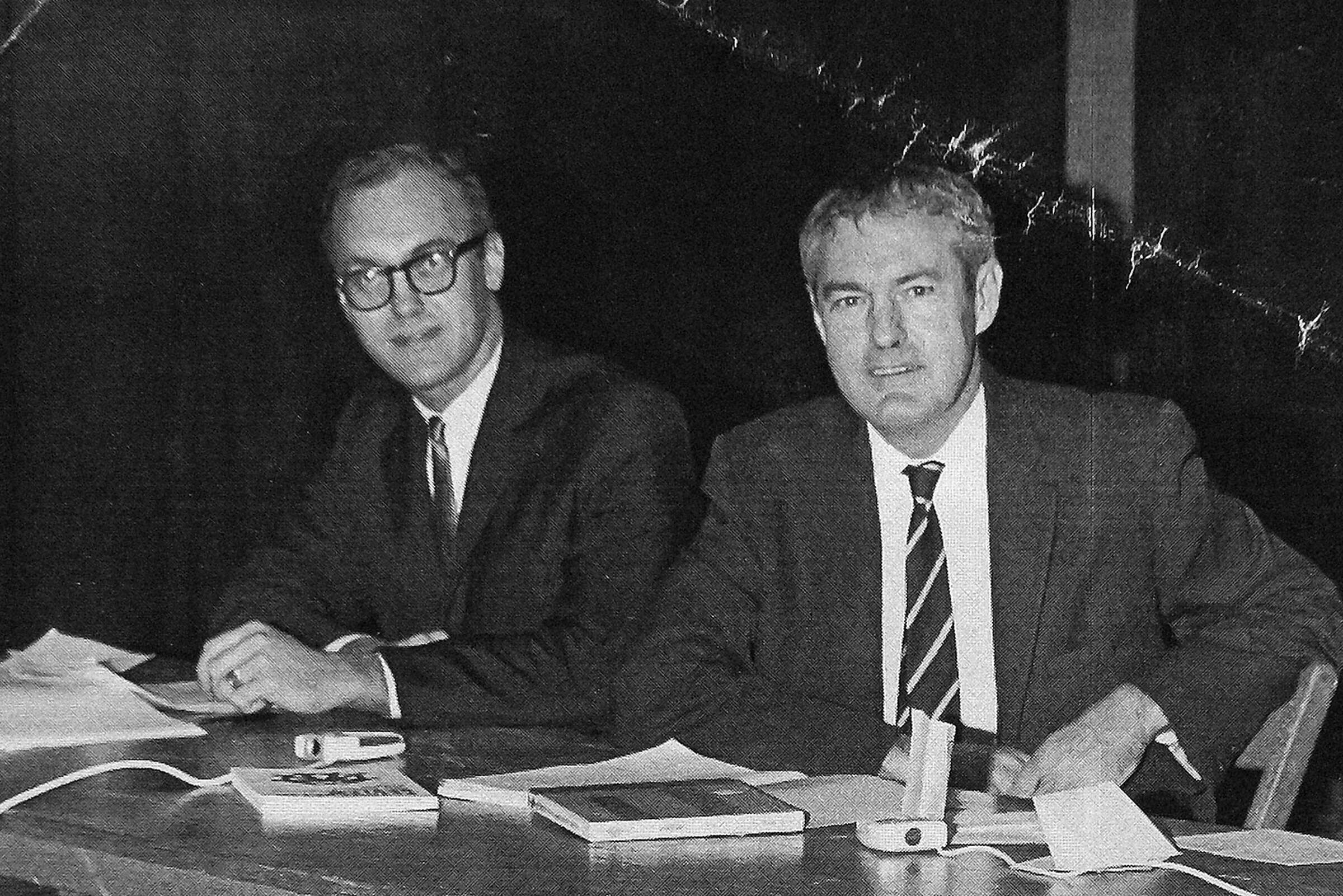In the popular Netflix documentary series How to Change Your Mind, host Michael Pollan briefly touches on the academic ecosystem in which psychedelic drugs were studied after LSD was synthesized in Switzerland. A much, much closer look at this ecosystem can be found in a new book titled Harvard’s Quixotic Pursuit of a New Science, written by the Washington-based attorney Patrick L. Schmidt.
Schmidt’s book, which evolved from an undergraduate thesis project, traces the convoluted but surprisingly dramatic history of the Department of Social Relations, a decades-long attempt by some of Harvard’s most forward-thinking faculty members to combine the rising disciplines of sociology, cultural anthropology, and personality psychology into a single program.
The Department of Social Relations was established in 1946 in response to the Second World War, which raised questions about human nature and man’s place in society that older, more authoritative disciplines such as history, economics and government failed to answer. Although the department no longer exists, it made valuable contributions to the college and country alike.
For instance, at the start of the Cold War, the American government asked Social Relations faculty to study Soviet citizens and social institutions to figure out how the country would respond to coordinated attacks from the U.S. army. To the Pentagon’s dismay, researchers concluded the USSR was built on strong foundations that would take decades to corrode.
The most infamous chapter in Schmidt’s history takes place during the 1960s, the decade Social Relations—always on the lookout for out-of-the-box thinkers—hired Timothy Leary and Richard Alpert. Before Leary took to wearing his signature Nehru-collared shirts and love-beads, he was a self-described “caricature of a professor,” sporting a tweed-jacket with those unsightly leather elbow patches.
Leary had been brought to Harvard by David McClelland, director of …
Read More
Author: Tim Brinkhof / High Times






